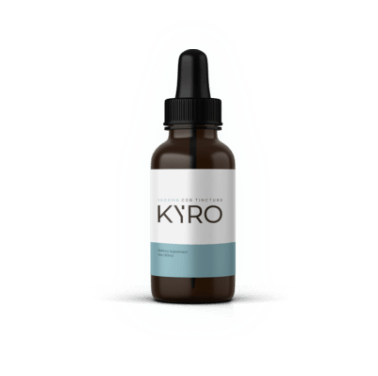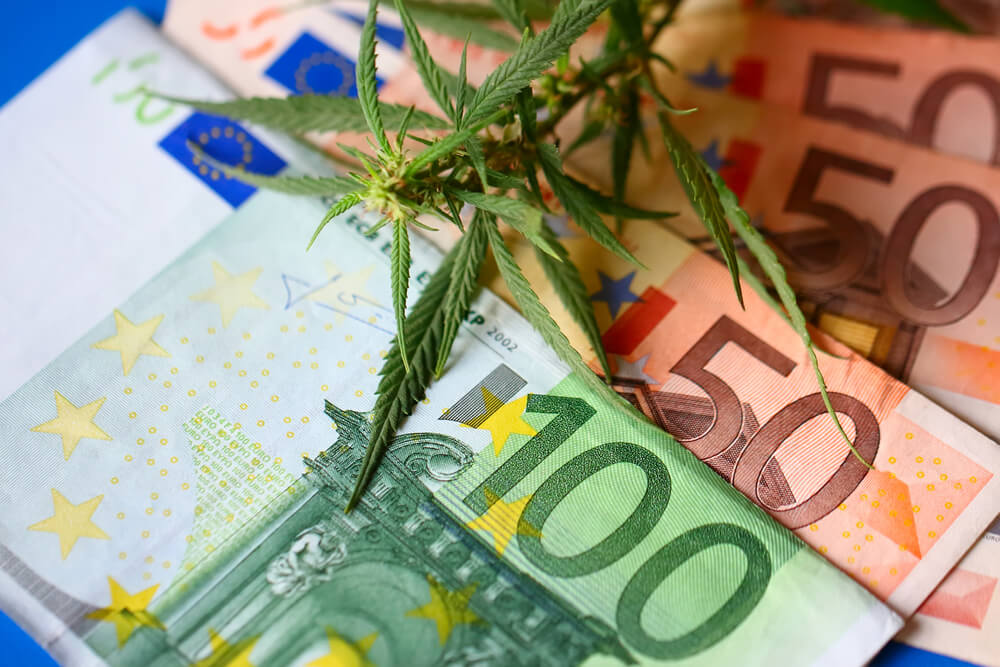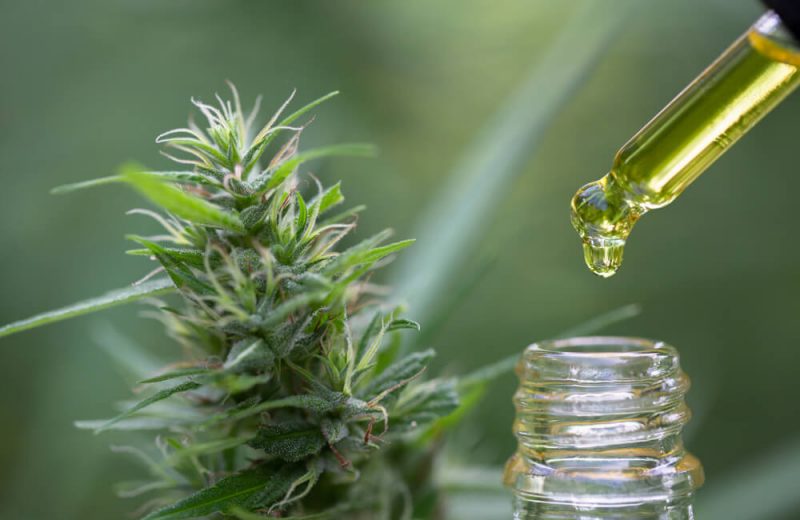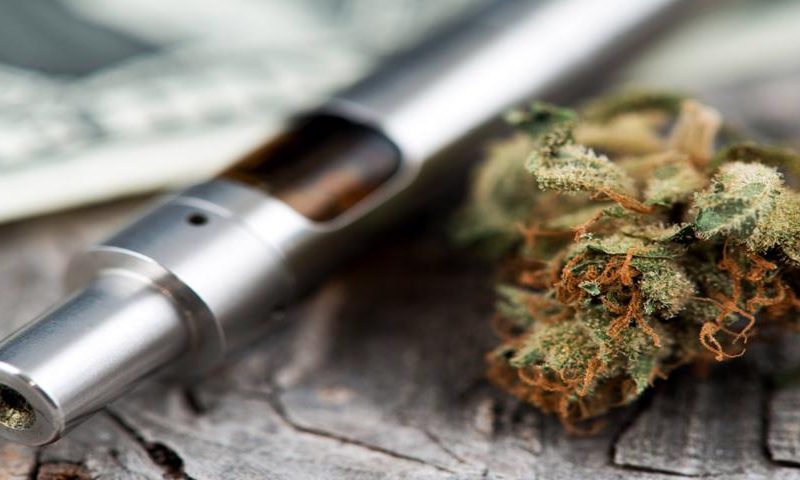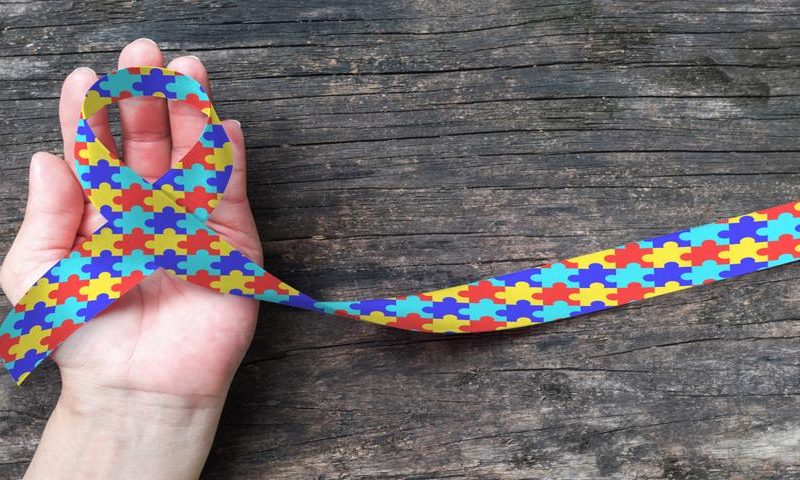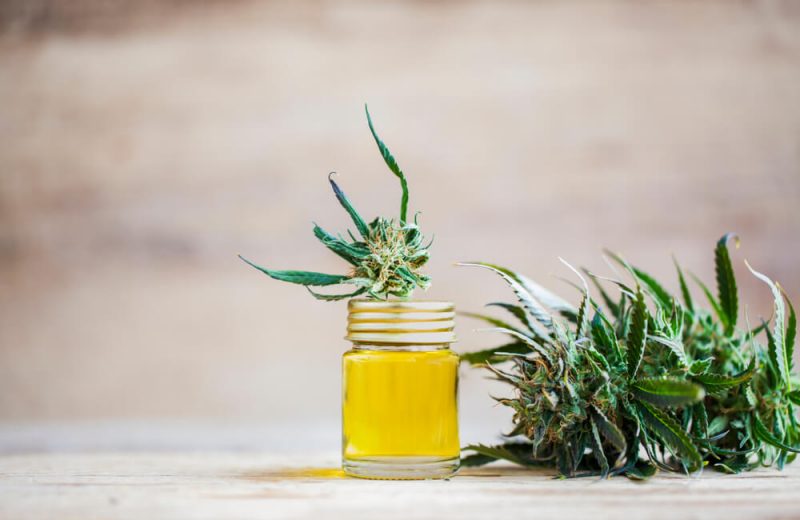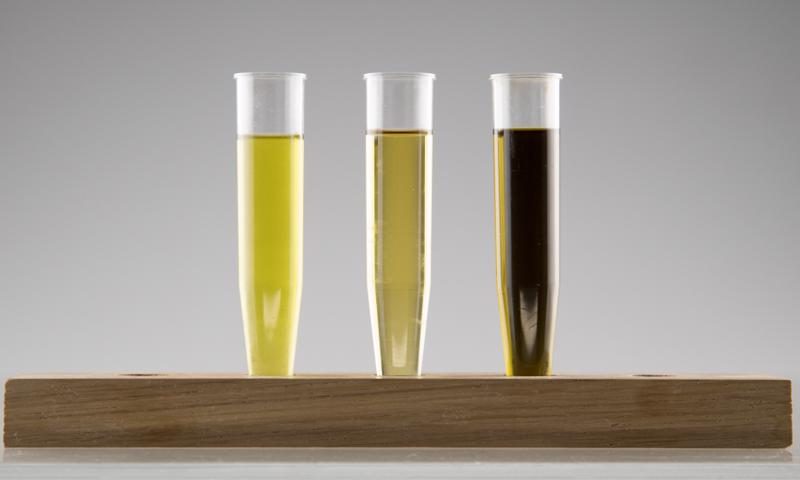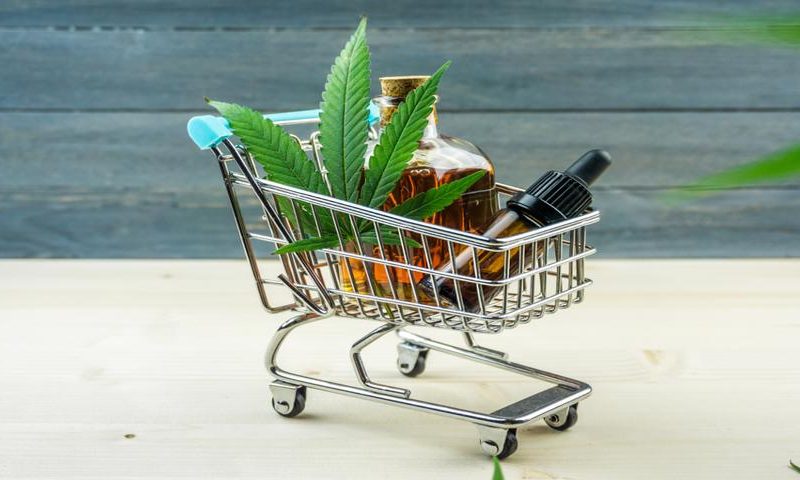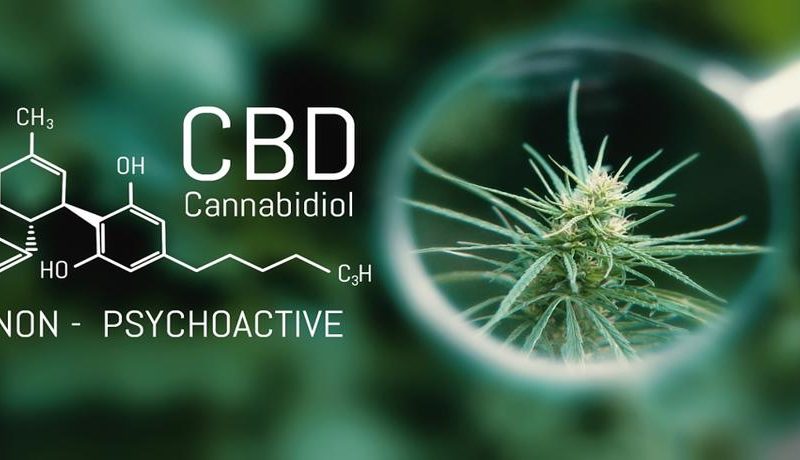Cannabidiol (CBD) is derived from the hemp plant. It is a relative of the marijuana plant and tends to get confused with it frequently. However, the many apparent health benefits that come from CBD, have made it a very popular alternative treatment for various ailments. In this article, we will focus on where CBD is legal in Europe and where the CBD industry is going in that part of the world.
Well, Is CBD Legal In Europe?
Hmmm. There is no easy answer for that question simply because there is no general consensus among the European countries regarding the substance. The fact is, the laws are not the same from country to country and what makes this even more interesting is that countries that share borders may have different laws regarding CBD. And although that may make it sound as if there are some strict guidelines, it turns out that the EU is one of the most liberal parts of the world when it comes to the legalization and use of such things as CBD, cannabis, and marijuana.
How Liberal Are We Talking About?
Well, for example, in the Netherlands, it is common to encounter locals and visitors smoking marijuana in coffee shops. It is also common in the social clubs in Spain, and it is no longer illegal to possess and own cannabis in the Czech Republic. Other parts of Europe have permitted the growing of pot plants for personal consumption. But when you are talking about CBD, things are completely different. Slovakia is the only place in Europe where CBD is still considered an illegal substance but CBD is readily available in all other parts of the continent and industrial hemp is manufactured throughout Europe for CBD. This means there are plenty of CBD hash products in Europe.
However, in Italy, it’s a bit cloudy on what is okay and what is not as the laws there tend to keep shifting on the matter. Recently, hemp and hemp products were legal there but a change of heart by the government in power reversed that stance. It is interesting to note that although Italy’s government has since declared hemp an illegal substance, there was no order issued to close businesses that sell the products. This means that hemp is still available to buy in Italy, but it’s illegal which makes the whole situation a bit on the confusing side.
In Europe, CBD Products Are Not Treating Equally
EU regulations tend to make an already confusing situation somewhat more um, confusing. That is because regulations in the European Union have placed some CBD products under more guidelines than others. Then there is the fact that different countries have different governments and they each have individual perspectives that get added to the mix. Here’s what we mean. In 2019, the EU released what they called a “guidance” that indicates CBD products are considered novel foods. The guidance includes a process where it can take up to three years for CBD products to receive approval. On top of this, some countries have been selling CBD legally before the guidelines were put in place, which has resulted in some friction. In the Netherlands, as an example, CBD and THC products are legal but the selling of isolated CBD is not. But it is legal to produce isolated CBD in the Netherlands and many of the companies manufacturing it can sell the product to other parts of the world without consequences. But, in Switzerland, Czechia, and to some degree in Italy, shops can sell CBD isolates legally.
The CBD Market Is Exploding In Europe
Despite the lack of consensus regarding the legal aspects of CBD, the cannabis market in Europe continues to grow. Currently, it is responsible for 31% of the total cannabis production on the planet. To give you an idea of the growth potential, in 2011 8,000 acres were set aside for the production of cannabis plants. That is now up to 90,000 acres and at the current rate of growth, estimates put the market value of cannabis in Europe at $1.7 billion by 2023. The issue coming from this boom in the industry is that many of the companies dipping their toes in the CBD pool are finding it challenging to get through the legalities of CBD production and distribution.
And as we’ve already pointed out, the guidelines differ from one country to the next making things even more of a challenge. As a result, good quality hemp product suppliers are far and few between which tends to push attention towards the producers who are located in European countries that have relaxed the laws governing the extraction of CBD. Slovenia is one such country. They have completely legalized the production and extraction of hemp for various products and the Mediterranean climate has been credited with aiding in the quality of those products.
Summary
CBD and cannabis are two different things but in Europe, many of the countries there treat them both as the same thing. As a result, the legality of CBD rests under that of cannabis. On the upside, the majority of the EU has relaxed opinions on CBD and cannabis with only Slovakia being the single country to consider both to be illegal substances. And in Italy, where the laws on cannabis and CBD tend to shift with frequency, the legalities are a bit harder to pin down. In many cases, bordering countries may not share the same views about cannabis or CBD and not all countries in the EU are as open as the Netherlands where enjoying marijuana in the open in a coffee shop is the norm…well, in that country anyway. Just expect to find that what works in one place may not go over quite so well in another European country. But to answer the original question “How legal is CBD in Europe exactly?” the answer is that using CBD products is okay. But with that in mind, it is always a good idea to check with the local and state laws beforehand to avoid any possible issues from developing should you purchase or use CBD in any of them while in Europe.

